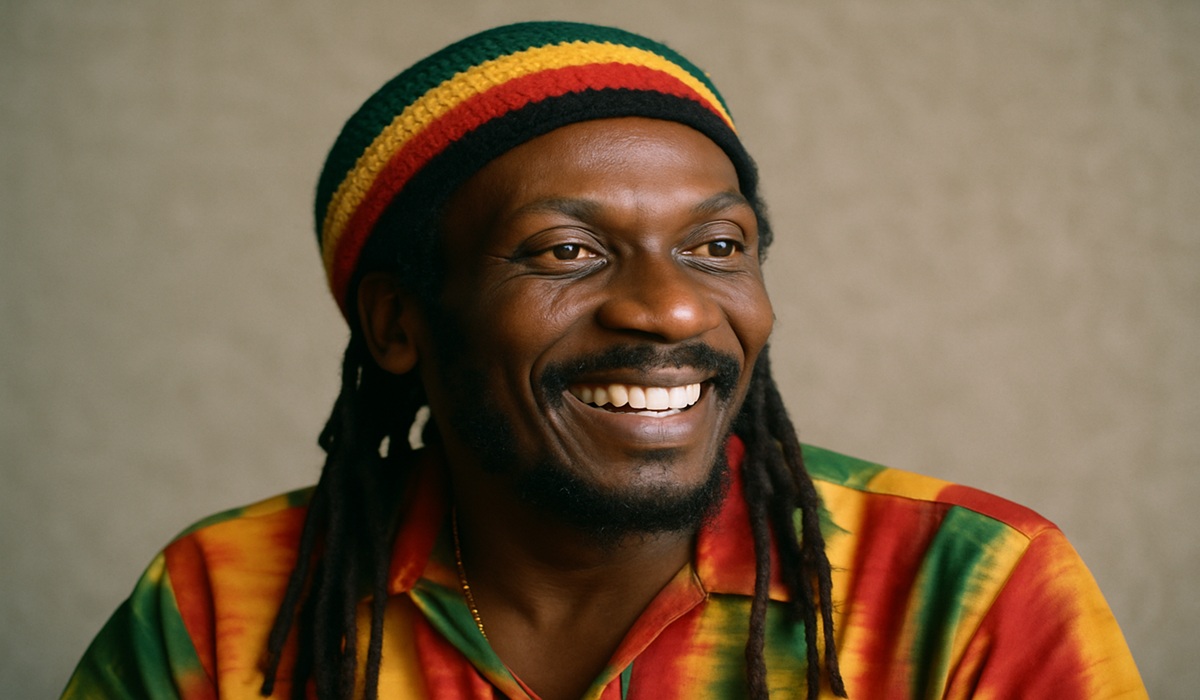I Can See Clearly Now: Farewell to a Son of Jamaica
- Don Woodstock
- Breaking News
- Entertainment
- November 24, 2025

I was standing along a damaged stretch of roadway in Westmoreland when the news reached me that one of Jamaica’s most powerful musical voices had gone silent. Just moments before, radios had been filled with updates about washed-out bridges and fallen power lines. Then the conversation shifted. The hurricane had already done its damage, but now the country was absorbing another kind of loss — the passing of Jimmy Cliff at the age of 81, following a seizure and complications from pneumonia.
Born James Chambers on July 30, 1944, in St. James Parish, he came up from humble beginnings, a young boy with a voice and a vision who made his way to Kingston to chase the impossible. What he ended up doing was far bigger than he could have imagined. From small studios and local sound systems, his music broke through to international audiences. He became one of the first Jamaican artists to truly open the world’s ears to the island’s sound, long before reggae became a global trademark of Caribbean culture.
He was more than a singer. He was a storyteller. He was a messenger. His songs crossed borders, raced through radios, and settled themselves into the hearts of millions. From “The Harder They Come” to “You Can Get It If You Really Want,” from “Many Rivers to Cross” to the timeless “I Can See Clearly Now,” his music spoke of struggle and hope, adversity and victory. He performed thousands of shows across the globe, in front of millions of people, carrying Jamaica’s rhythm and resilience into places that had never seen or felt it before.
Today, as I move through communities still cleaning up after the hurricane, his voice seems to be everywhere. In one shelter, a small radio rested on a wooden crate beside a family’s few remaining belongings. It began to play “I Can See Clearly Now.” In that moment, the words were no longer just lyrics. They were prophecy. They were comfort. They were affirmation.
“I can see clearly now, the rain is gone.”
Around me were real people who had lived through real rain — not poetic rain, but the kind that tore roofs from homes and flooded rooms that once held comfort and safety. And yet, in that after-storm stillness, his voice whispered what everyone needed to believe: that clarity would return, that light would follow darkness, that tomorrow was still possible.
In Black River, a man sweeping mud from what used to be his living room looked up at me and said quietly, “That song? That song keep me alive more than once.” In Montego Bay, a mother holding her child close told me her baby knows the words before he fully knows how to speak. In Sav La Mar, young men stood near a damaged storefront, a phone resting on a brick, his music playing as they worked to clean the debris away. They didn’t need speeches. The song was enough.
His work in The Harder They Come did more than launch a career — it launched an entire culture onto the global stage. Through that film and its soundtrack, the world began to understand the realities, dreams, and struggles of Jamaican life. He opened doors for countless artists who came after him. Without his footsteps, some of the paths that later legends walked might not even have existed.
For Jamaicans living abroad, including those of us who now call Canada home, his music has always been a tether back to the island. One verse could bring back the smell of roadside cooking, the sound of dominoes slamming on a table, the feeling of warm evenings in crowded yards filled with laughter and debate. He was home, even when home felt far away.
For me personally, his songs have always represented clarity and courage. They are reminders that even when the road is difficult, you don’t give up walking. That when the odds are stacked high, you lean into faith. That when life feels heavy, you sing anyway. At this moment in Jamaica’s history — torn by a storm and now touched by grief — his message feels more necessary, more alive, more eternal.
He passed in Kingston, the same city that helped mold him, but the impact of his departure is being felt far beyond these shores. Tributes are pouring in from around the world, not just from stars and dignitaries, but from ordinary people who once found an extraordinary amount of strength in his voice. That may be his greatest accomplishment — not the awards, not the sold-out shows, not the accolades, but the fact that his music gave courage to people who needed it when they needed it most.
Yes, the man is gone. But the spirit remains everywhere. It lingers in the rhythms of the island, in the hum of rebuilding, in the quiet determination of people who refuse to give up. Somewhere tonight, as another family lights a candle because the power is still out, his song will likely be playing softly in the background.
And someone will smile and say, “The rain is gone.”
Rest in power. Your voice is now part of the wind, the waves, and the heartbeat of Jamaica forever.








